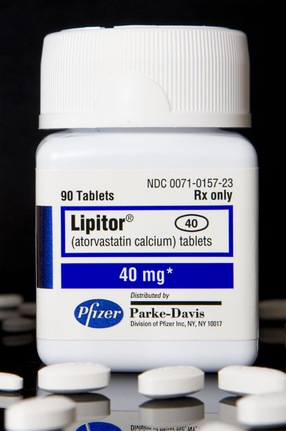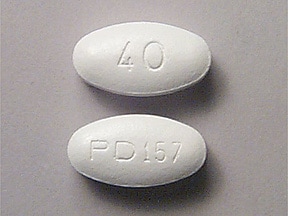Important Information About Lipitor

Lipitor is an anti-lipolytic drug. It lower blood sugar (glycemia) by suppressing a hormone production in the body. Decreasing triglycerides and cholesterol and increasing high-density lipoproteins and lower cholesterol reduces the risk of stroke and heart attack.
Other lifestyle changes that may help this medication work better are … avoiding refined carbohydrates (white bread, pasta, rice, potatoes, and sugary drinks) and high glycemic index foods. Eating plenty of fruits and vegetables and exercising regularly can also help. If you are taking prescription or over-the-counter medications, see your doctor before switching to a new regimen. If you are taking medications for depression, bipolar disorder, attention deficit hyperactivity disorder, or other mental illness, talk to your doctor before starting any new medication.
Lipitor has several side effects, including, in rare cases, diarrhea and mild constipation
But these side effects usually go away within a few days after the drug is discontinued.
Some people experience some weight loss, but most people lose up to one third of their original body weight. However, these patients should not eat many high-fiber foods; eat low-carb foods or without them instead. These diets may be necessary for people with kidney disease or other chronic kidney disease.
If you don't get enough natural cholesterol, this medication can lead to liver disease, so it’s best not to take this medication if you already have cholesterol problems. Another thing to keep in mind is that if you are pregnant, breastfeeding, or planning to become pregnant, do not take Lipitor if you smoke or plan to quit smoking. Lipitor can increase estrogen absorption by increasing the amount of testosterone by binding to estrogen receptors in cells. Therefore, pregnant or lactating women should avoid using Lipitor until they have quit smoking and are not currently smoking.
Also, if you have diabetes, cardiovascular disease, high blood pressure, high cholesterol, or other medical conditions, talk to your doctor before starting any type of medication. Before you begin using Lipitor, make sure you have the right tests done to ensure that you don't have an adverse reaction. to the medication or if your doctor recommends a more aggressive type of treatment.

You should also check with your health care provider if you have a family history of breast cancer or kidney disease, heart valve disease, heart failure, or cancer. Your health care provider can also give you other information about lipitor and its side effects.
Lipitor comes in many forms, including injection, pill, cream, and implant
Be sure to read the instructions on the product you choose carefully to make sure you are getting the most out of it. Talk to your health care provider before beginning any new treatment, including Lipitor, especially if you are taking prescription medication.
Certain medications, such as beta-blockers and nitrates, can make your lips feel thick and chapped, but these medications do not cause problems with the blood vessels. They simply make your lips feel smoother.
Lipitor can cause headaches, vomiting, and stomachaches. It can also cause swelling, bruising, and/or bleeding at the injection site, along with stomach cramps. In rare cases, it may cause a rash.
Serious side effects are rare. If you experience any problems, tell your doctor immediately. If you think you have any serious complications, you may need surgery to remove the damaged blood vessel at the site where the liposuction was performed.
Side effects may include dizziness, fatigue, drowsiness, blurred vision, muscle weakness, and irregular heartbeat. These may not go away after lipitor treatment is complete. However, lipitor can help to treat most of these side effects. You should not stop using the drug without consulting with your doctor first, as some side effects may only cause serious problems.
